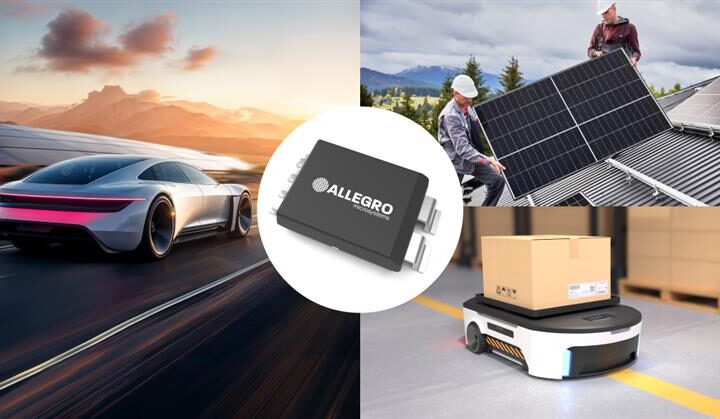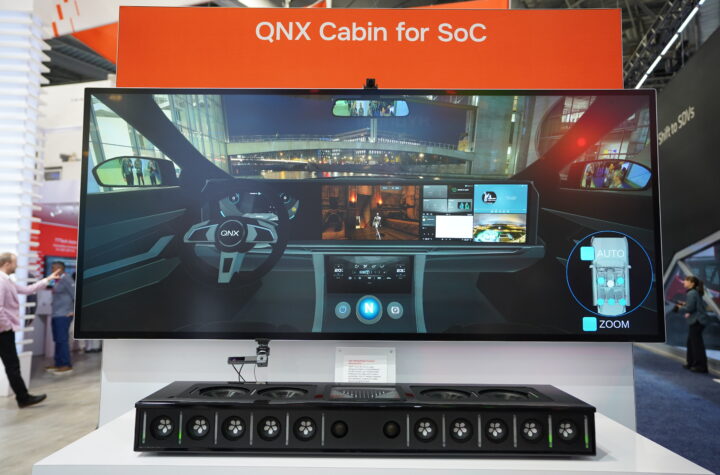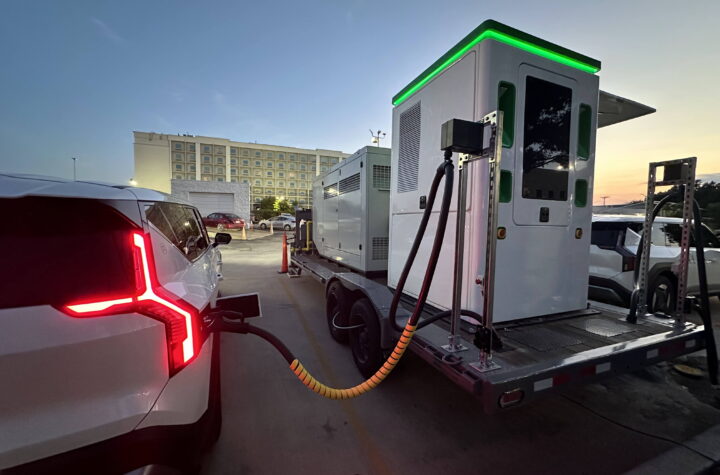
WorldAutoSteel, supported by investors of the Steel Market Development Institute (SMDI), unveiled key findings today on the progress of FutureSteelVehicle (FSV) Phase 2, a global steel industry effort to develop advanced high-strength steel (AHSS) architectures for electrified vehicles that reduce life cycle greenhouse gas emissions. The results presented at this year’s Great Designs in Steel (GDIS) seminar reveal seven AHSS optimized structural sub-systems that are lighter than comparable structures and pave the way to achieving FSV’s 35 percent full body mass reduction target.
The results show AHSS’s superior results in cost, weight and greenhouse gas emissions when compared to baseline or aluminum sub-systems. FSV demonstrates that steel solutions will enable the lowest cost and best environmental performance for electrified vehicles.
“The automotive industry is faced with making advanced powertrain vehicles affordable and a major player is the structural material used,” Ron Krupitzer, vice president of automotive applications for SMDI, said. “Unlike low-density materials, steel can reduce emissions over the entire vehicle life cycle, which is critical to reducing the vehicle’s overall carbon footprint.”
“FSV offers innovative designs that can apply to any vehicle, whether powered by an internal combustion engine or motor,” said Jody Shaw, chairman, FSV, and manager of technical marketing and product research for the United States Steel Corp. “Because of steel’s versatility, we were able to produce a range of solutions that all carmakers will find relevant – in terms of optimizing various physical properties – all of which were evaluated on the basis of cost, weight and CO2 equivalent emissions.”
According to Shaw, using Life Cycle Assessment (LCA) for each system is key to the analysis. LCA is a methodology that measures the equivalent emissions of a vehicle over its entire life cycle, including the manufacturing, use and end-of-life phases. The approach assists automakers in evaluating and reducing total energy consumed and designing vehicles with the lowest lifetime greenhouse gas emissions.
Life cycle-based designs make it clear that regulations considering only the vehicle use phase may encourage use of low-density, greenhouse gas-intensive materials that can provide lightweight components, but ultimately increase total life cycle greenhouse gas emissions.
FSV brings advanced steel grades and process technologies to its portfolio, adding to the tools of automotive engineers worldwide. It includes more than 20 different AHSS grades representing materials expected to be commercially available in 2015 to 2020.
“Steel continues to reinvent itself and provide advanced technologies to meet new challenges,” Krupitzer said. “With FSV, we’re on the edge of a new dynamic: a material that achieves it all – safety, lightweighting and low emissions – and does it affordably.”
Over the next several months, WorldAutoSteel members will share these interim technical results directly with automakers around the globe to gather feedback. The FSV Phase 2 engineering work will continue on the design of complete body structures, with an engineering report and final results made public in 2011.
The Steel Market Development Institute (SMDI), a business unit of the American Iron and Steel Institute (AISI), grows and maintains the use of steel through strategies that promote cost-effective solutions in the automotive, construction and container markets, as well as for new-growth opportunities in non-traditional steel markets. The Automotive Applications Council is a part of the SMDI and focuses on advancing the use of steel in the highly competitive automotive market. For more news or information, visit www.autosteel.org.
Automotive Applications Council investors are:
– AK Steel Corporation
– ArcelorMittal Dofasco
– ArcelorMittal USA
– Nucor Corporation
– Severstal North America
– United States Steel Corporation














More Stories
Allegro MicroSystems Redefines Sensing with New Current Sensor ICs in Compact Packages
QNX Drives Automotive Innovation at CES 2025
L-Charge provides game-changing, off-grid Charging-as-a-Service solution to enable Alto to expand EV fleet with no upfront cost